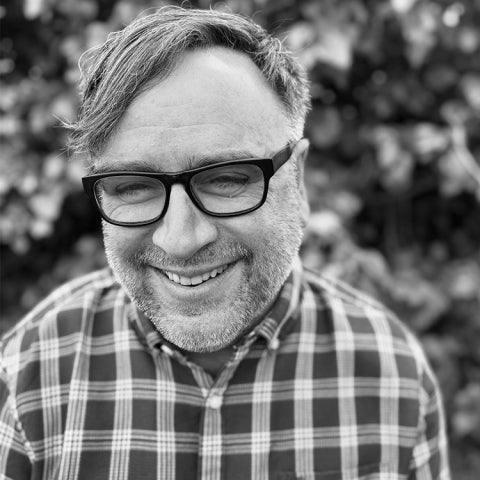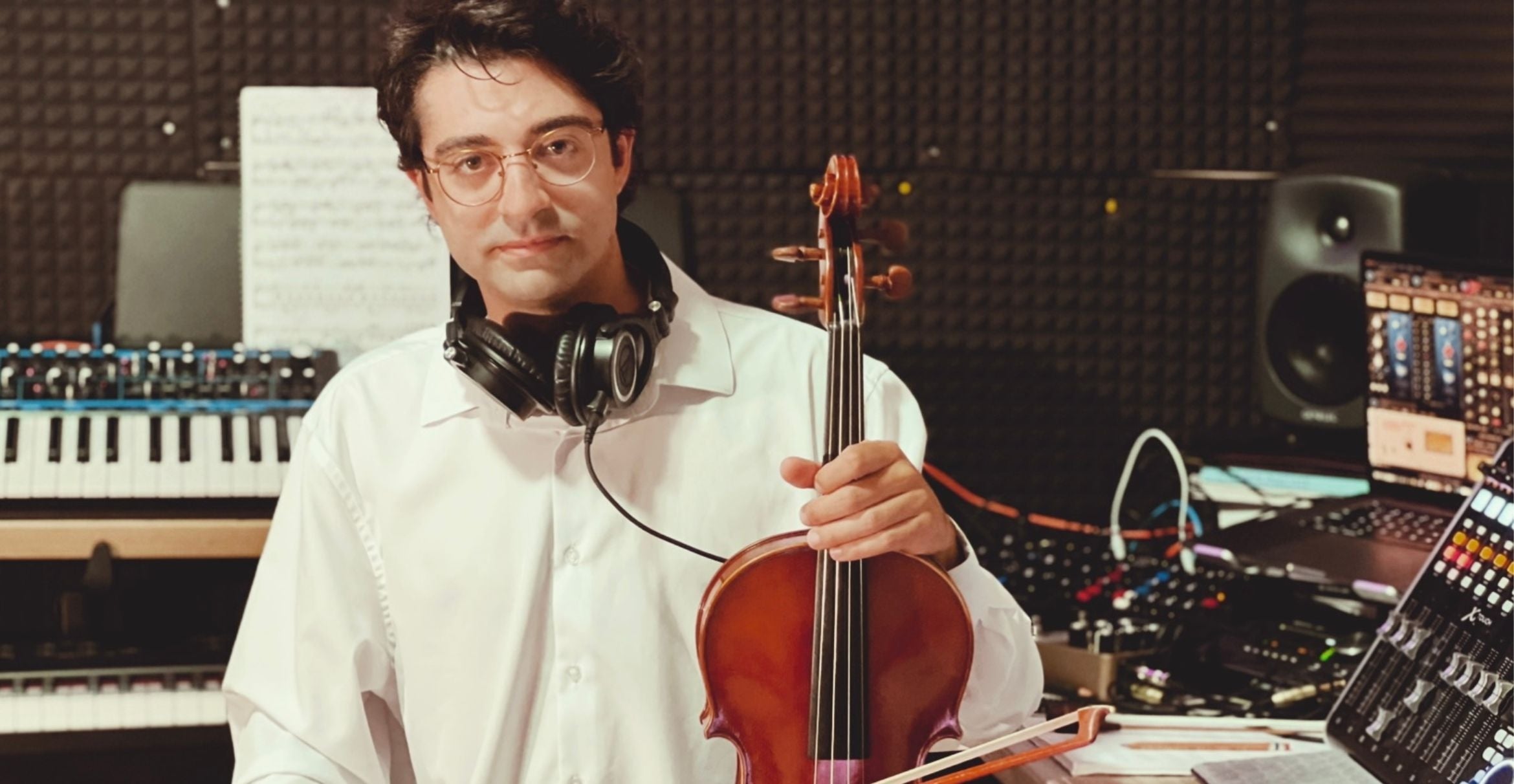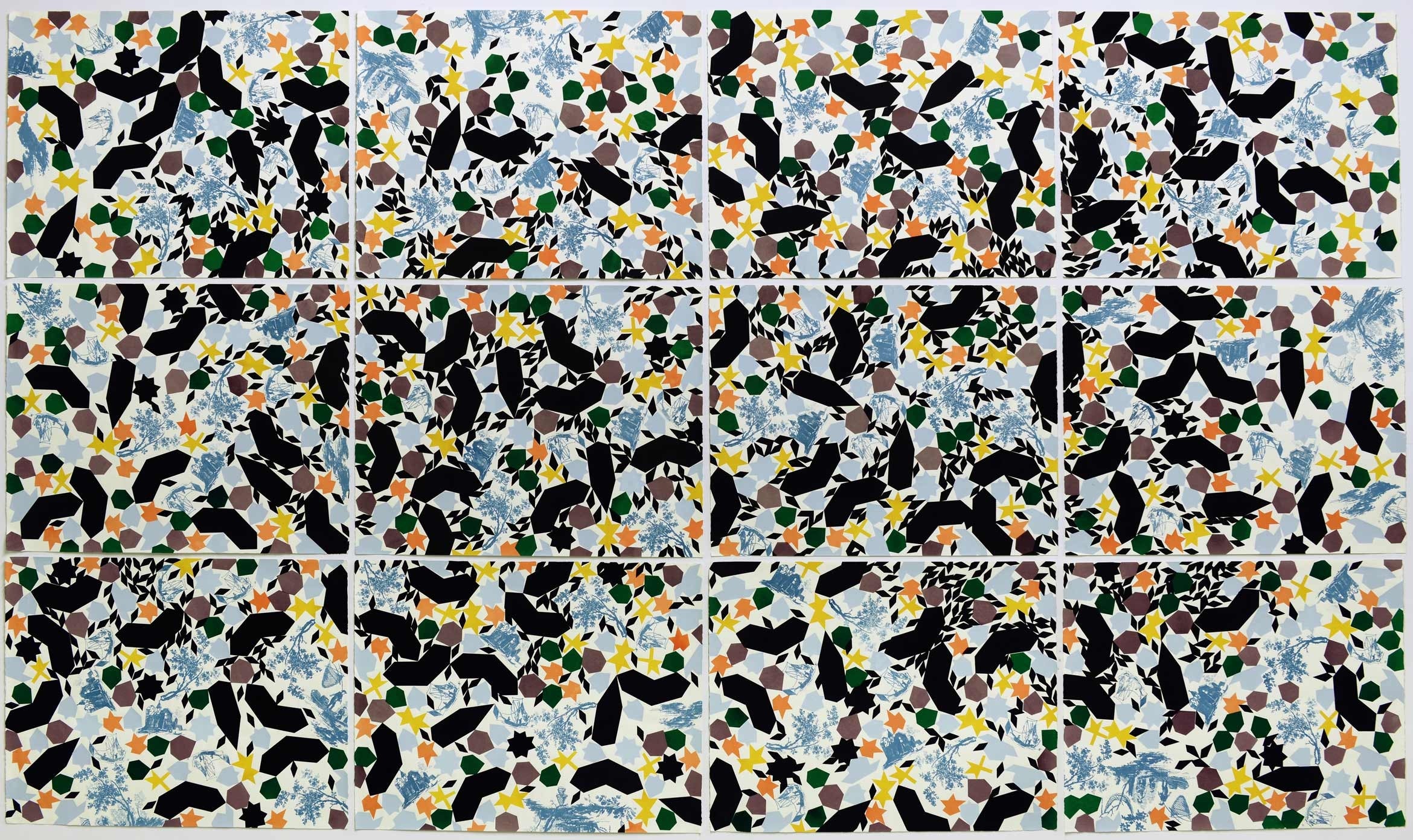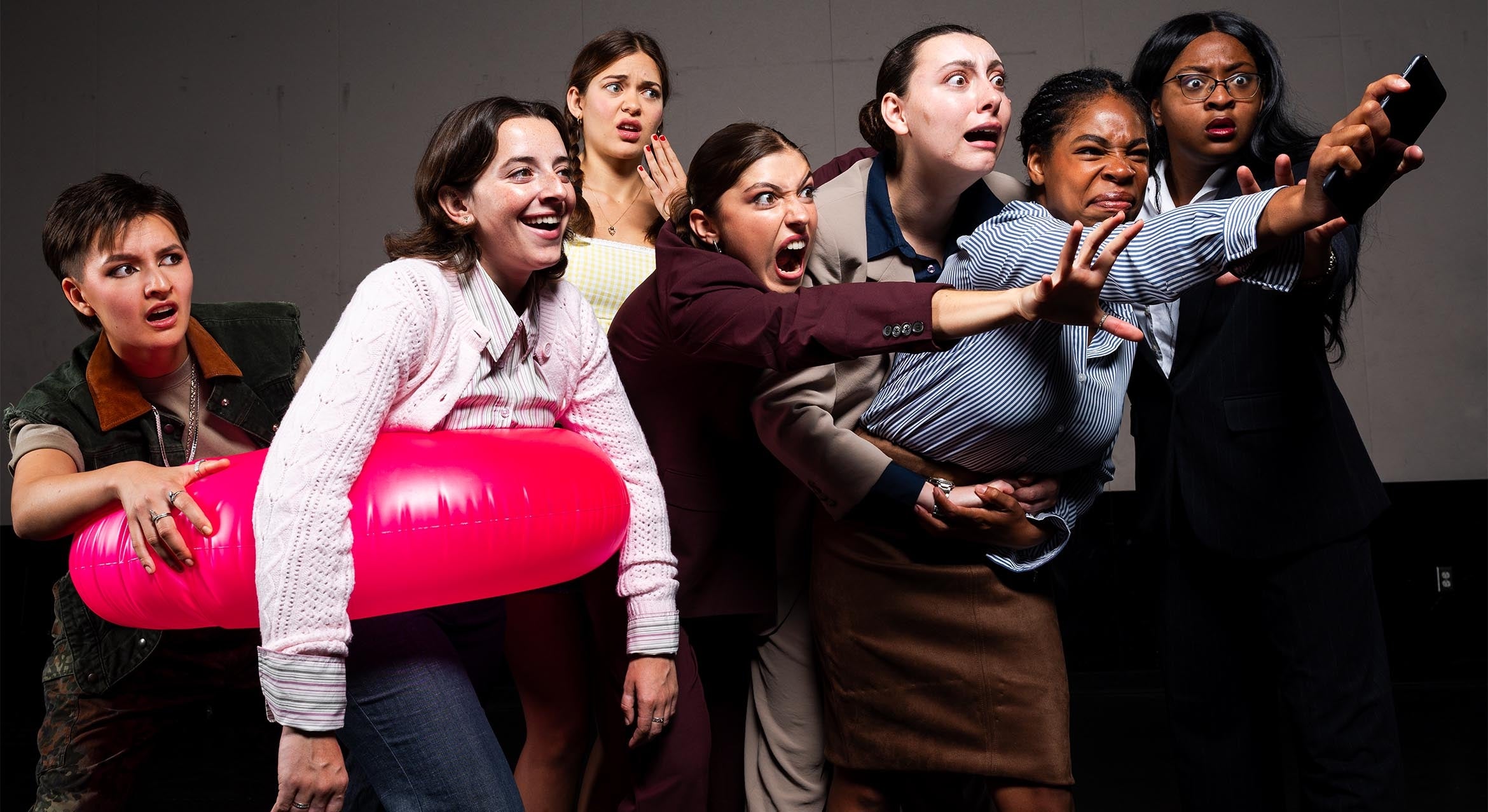
Robert Krut grew up devouring books by Raymond Carver and the Beat Poets, heavily influenced by the short story writer’s sparse prose and the latters’ collective bent toward romantic fearlessness. To this day, Krut said recently, those old tensions continue to influence his work, including his fifth book of poetry, “Oh Oblivion,” written as the world emerged from the shutdowns of the pandemic.
Published by Codhill Press, a literary imprint of SUNY Press, the collection of 43 poems has earned early accolades for — as good creative writing tends to do — reporting between disparate realities, celebrating the surreal and pondering possible futures.
For more, The Current caught up with Krut, a senior continuing lecturer in UC Santa Barbara’s Writing Program and the College of Creative Studies.
The book is in three parts. Why did you group the poems that way?
Maybe it’s the film and theater lover in me. I always lean toward a “three act” approach. They are grouped both thematically and somewhat narratively in terms of an invocation, complication and tentative resolution. At least that’s what I aimed for with the sequence.
You wrote your previous book, “Watch Me Trick Ghosts” (Codhill/SUNY Press, 2021), during the pandemic lockdown. You wrote this new collection coming out the other side. Did leaving the pandemic behind influence your work? Was there some sense of returning to normal?
During lockdown, I set a very concrete writing routine, and before too long I was staring down a big batch of poems that wanted to be a book. When I started working on this new collection, there was actually the feeling that there wasn’t a “normal” to return to, per se. There was nothing guiding me. It seemed we were standing on some new tectonic plate that, really, had been shifting for years.
And the word "oblivion" in the title might suggest that we’re overlooking the abyss from the edge of that tectonic plate.
When the folks at Codhill Press asked me to describe this new book in the context of the others I had published with them, I suggested that (my third book) “The Now Dark Sky, Setting Us All on Fire” (Codhill/SUNY Press, 2019) was about looking out on a macro level and then trying to pull it through the telescope, closer to a personal level. “Watch Me Trick Ghosts” was about starting in the most intimate, close quarters and spiraling out in a surreal space. This new one is a step outside of those vertical distinctions, in its own horizontal geography separate from everything. Yes, an abyss, but also a plain, or a canyon, or an ocean, or simply a blank space free of sound and the world we knew.
Back on terra firma, what do you get from working with students? What do you hope to impart to them?
I love teaching. The chance to work with students unto itself is rewarding, and I’ve been so happy to have a teaching-focused position at UCSB. As to what I might hope to impart — it’s more of what I hope to share with them. I hope to help guide them to the best versions of their own work, to help facilitate their voices.
In terms of my own writing, teaching is a constant spark, an energizing force. Now that I’ve been teaching for more than 25 years, I can say with some confidence that working with students continues to keep my writing — and my worldview, for that matter — fresh.
“Oblivion’s Desk” (see below) is the first poem in the book. Anything you’d like to say about it?
It was actually the very last poem written for the collection. When I felt like the book was virtually done, I set the stack of poems on a table and sat next to them for the time it took to drink a cup of coffee, thinking about what I felt was stitching them all together — and then I wrote “Oblivion’s Desk,” and was done.
OBLIVION’S DESK
Prayer or toast,
don’t know which
I’m writing at this hour.
I shake vermouth into holy water,
raise the cocktail to the ghosts
of the past who shuffle their way
out of the room, holding
my address book and driver’s license,
while the ghosts of the future
shave their fingerprints to
tissued eyelids, drop them
into my drink.
Prayer or toast, a coming or going,
an exit, an entrance. The floor
drops out, terminology just
words lit by a winking light bulb,
and the wind in this room
can’t be identified or stopped.




